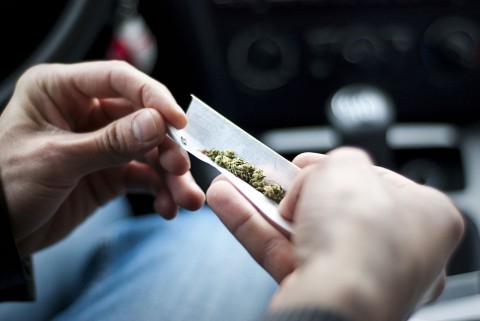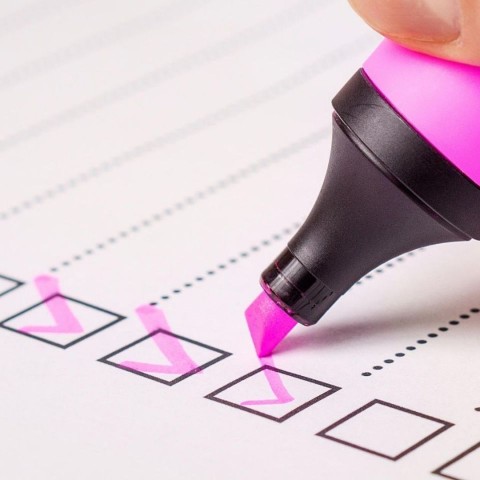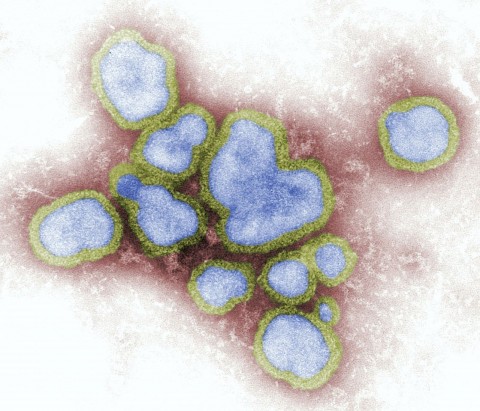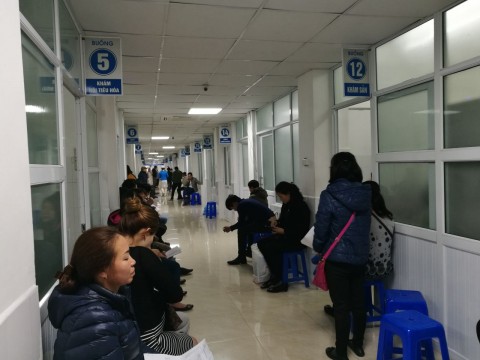Marijuana induced psychosis
Marijuana-induced psychosis is real and dangerous. This is perhaps most important to remember when gap year students are away from home for the first time. The average cannabis user, seller, and manufacturer want you to believe that marijuana is an innocent, harmless drug. It is mainly described as a relaxing way to unwind. As marijuana usage becomes legal and more popular, it's important for people to know the facts about marijuana and its possible side effect.
While there are some medical benefits to medical cannabis, which can be taken under the auspices of a physician for specific conditions, there are lesser-known adverse effects that can be dangerous.
Psychosis is a severe mental disorder in which thoughts and emotions are so impaired that contact is lost with external reality. It can result in feelings of paranoia, delusional thinking, and hallucinations. Contrary to popular belief, marijuana-induced psychosis is not always reversible, and some victims suffer from this condition for years.
Dr. Haim Moshe Adahan, founder of the pain rehabilitation center in Modiin and chief of pain rehabilitation at Sheba Medical Center, states that medical cannabis can be very helpful for specific medical conditions, but it is a drug that has not been studied extensively, so the full extent of adverse effects and benefits has not been thoroughly explored. Another problem is that there are thousands of types and subtypes of cannabis, and each one has different potential effects. What is clear is that cannabis has the potential of causing psychosis in young patients, and even if used under medical guidelines, should be used with caution in young patients.
Many different studies have been done on the relationship between marijuana and psychosis. There is a 40% increased risk of psychosis when comparing people who had used marijuana to people who have never used it. The highest risk for the possible psychotic reaction is age, as the brain continues to mature and develop until age 25. This makes the young population the highest risk for cannabis-induced psychosis. A familial or individual history of mental illness (especially psychosis) further increases the chance of this terrible effect.
Cannabis-induced psychosis incidents are on the rise simply because more and more young people are using marijuana. Because of this, Dr. Adahan states that medical providers must use great caution when prescribing medical cannabis for people in this high-risk age group.
The cannabis of today is extremely well manufactured, resulting in high levels of tetrahydrocannabinol, (THC). THC is the main mind-altering component of the cannabis plant.
The average level of THC by decade:
|
Decade |
THC % |
|
1970's |
1.08 % |
|
1980's |
2.83 % |
|
1990's |
3.76 % |
|
2000's |
5.73 % |
Other effects of cannabis include impaired judgment, confusion, increased appetite, anxiety, panic attacks, paranoia, impaired coordination, impaired concentration, cardiovascular disease, lung disease, and fertility issues. Effects can take hours to wear off, as THC is released slowly into the bloodstream.
THC is addictive, despite what marijuana users commonly believe. The ways you can get addicted to the THC component of cannabis are:
1. Habitual, regular use
2. Self-medicating a mental illness
3. Using THC at the end of the day or at parties like alcohol
4.Using THC to avoid feeling withdrawal symptoms (a sure sign of addiction)
EMA Care encourages parents to speak to their teenage and young adult children about the dangers of using marijuana – particularly before embarking on a gap year program abroad. Just like alcohol, smoking marijuana, and driving is forbidden! It may not be easy to speak about substance abuse with your children, but the possibility of marijuana-induced psychosis is real, as is marijuana addiction.
When you subscribe to the blog, we will send you an e-mail when there are new updates on the site so you wouldn't miss them.







